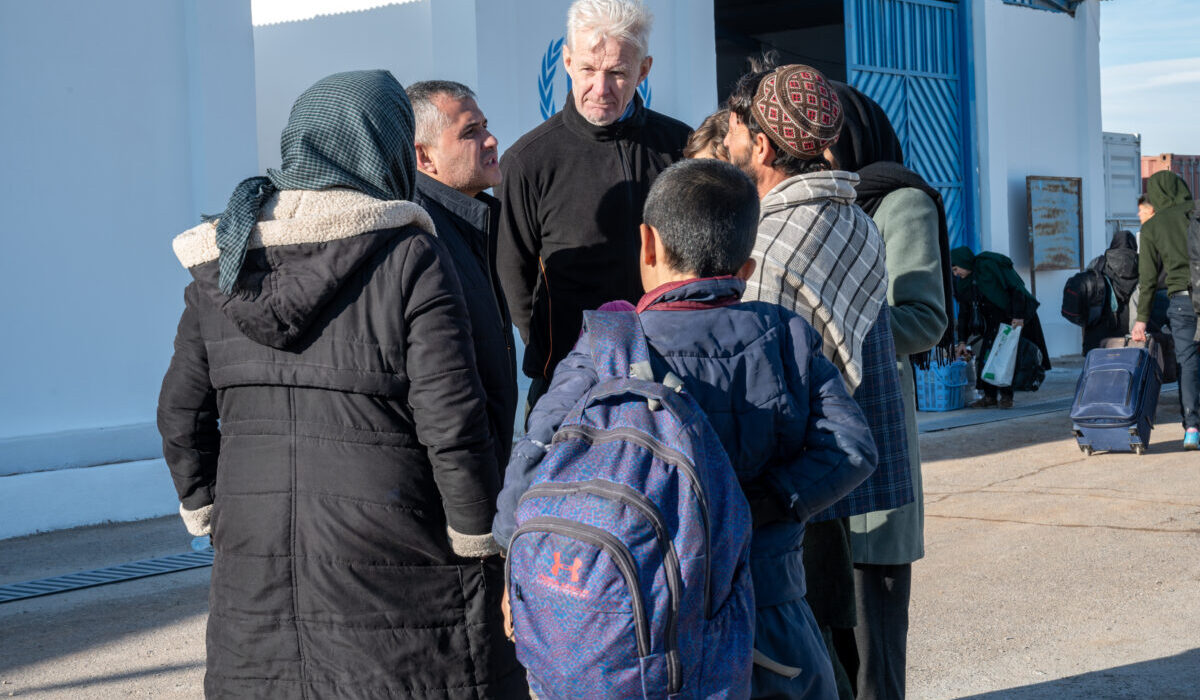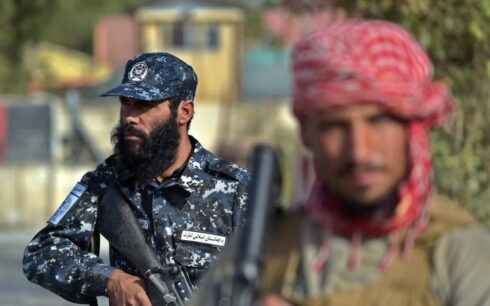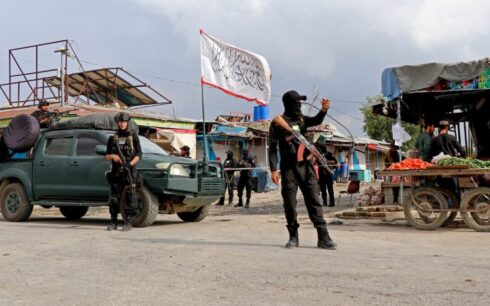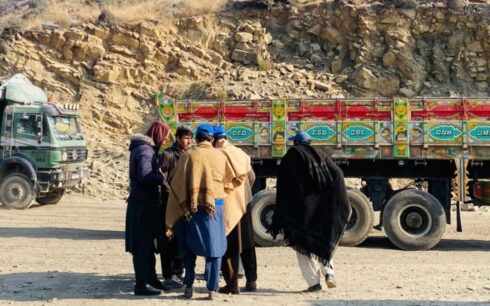Afghanistan is ill-prepared to handle the return of millions of Afghans at risk of expulsion from neighboring Iran and Pakistan, warned Jan Egeland, Secretary General of the Norwegian Refugee Council (NRC), during a recent visit to the country.
“I met vulnerable Afghans returning from Iran at the border this week who feel trapped in perpetual limbo,” said Egeland. “They left in search of a better and safer life, but now they face the same unemployment, hunger, and human rights violations that forced them to leave in the first place.”
Egeland’s warning comes as Iran has announced plans to expel up to two million Afghans by March 2025, while Pakistan has already expelled nearly 800,000 Afghans since October 2023. Most returnees, many of whom lack family connections due to years in exile, are forced to settle in urban areas where they struggle to find work and housing.
“Poor and displaced Afghan families are paying a heavy price for the lack of real, durable solutions to assist displaced people and refugees caught in this escalating crisis,” Egeland said.
During his visit, Egeland also highlighted severe restrictions on Afghan women and girls, including bans on secondary education and professional training for midwives and nurses.
“These incomprehensible bans not only destroy livelihoods but also directly threaten women’s health and lives,” Egeland said, noting that 1.5 million teenage girls remain out of school.
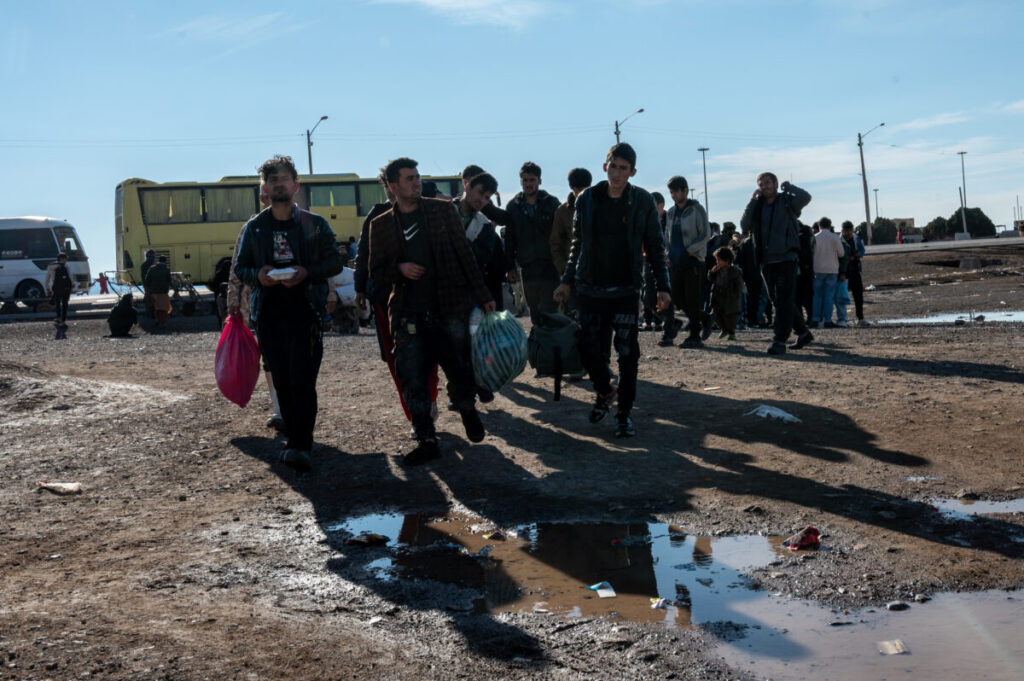
He urged the international community to engage directly with Afghan authorities to advocate for the restoration of human rights for women and girls, arguing that isolation has exacerbated restrictions.
“More seminars in Western capitals will have little impact,” he said. “Engagement is crucial, and the international community must increase its support for principled humanitarian assistance while ensuring Afghan authorities create an enabling environment for aid delivery.”
Afghanistan remains in the grip of one of the world’s worst humanitarian crises, worsened by plummeting international aid. Humanitarian funding has steadily declined, with only 44.9% of the required funding met by the end of 2024, according to the United Nations.
Egeland warned that millions of Afghans, including the most vulnerable women and children, are enduring freezing winter conditions with temperatures dipping to minus 10 degrees Celsius. The NRC and other organizations are struggling to meet the immense needs of the population.
Figures by UN agencies show that 22.9 million Afghans will require humanitarian assistance in 2025, including 53% children and 25% women, according to the Humanitarian Needs and Response Plan.
Nearly 50% of the population lives in poverty, according to the World Bank.
Iran, hosting 4.5 million Afghans, remains the largest refugee host globally, but aid for the region is critically underfunded, with the 2024 Regional Refugee Response Plan only 28% funded.
Egeland urged the international community to address the underlying causes of the crisis, warning that neglect would force more Afghans to embark on dangerous journeys. “The continued disengagement with Afghanistan’s authorities is only enabling more restrictions and suffering for the women, girls, and families here,” he said.

